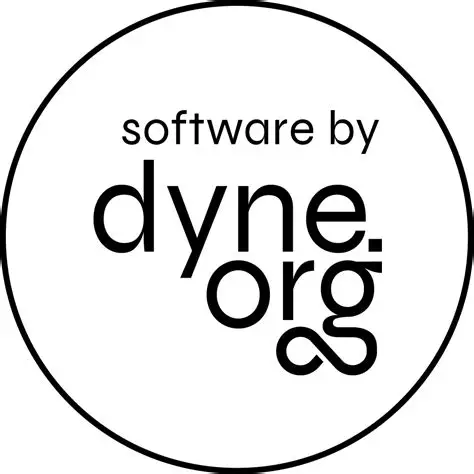💾 Install • 🎮 Quick start • 🐋 Docker • 🐝 API • 🔧 Configuration • 📋 Testing • 🐛 Troubleshooting & debugging • 😍 Acknowledgements • 🌐 Links • 👤 Contributing • 💼 License
Abstract description like: 🚧 Zenroom is a software in ALPHA stage and are part of the DECODE project about data-ownership and technological sovereignty. Our effort is that of improving people's awareness of how their data is processed by algorithms, as well facilitate the work of developers to create along privacy by design principles using algorithms that can be deployed in any situation without any change.
🚩 Table of Contents (click to expand)
- Scope of Testing.
The scope of the testing is the Zenbridge end to end functionalities and features, tested in a lab testing environment
- What is out of scope of Testing.
This does not want to cover the integration with EPIC nor the EBSI infrastructure for now that is out of scope in the 2a phase
- What are the test objectives.
To proof solidity and reliability of the solution, the integration of the components, performance auditing ans assessments of the Zenbridge solution in particular
1. Find the defects
2. Verify that the software meets the requirements
3. Improve software quality
4. Minimize the maintenance and software support costs and infrastructure
5. Avoid post deployment risks
6. Compliance with processes
-
What are the project deadlines. This is the plan for the coming next 4 months
-
What is the test execution schedule. Execution is drafted in detail in the document
-
What are the project risks. Risky parts of the product rely on:
- faulty data injection handling
- performance
- interoperability of the blockchains
- swarm of oracles
- consensus
- data sharding and replication
- Deliverables For each component the following deliverable are considered (based on the type of component some deliverable will not be valid)
- Test cases Documents
- Test Plan for each component
- Testing Strategy
- Test Scripts
- Test Results/reports
- Test summary report
- Defect Report
Our masterplan involves a first run of testin gin White-Box Testing mode, which lead to the firs two levels of testing:
- Unit testing
- Integration testing
most of our software components, already have them in place (with high percentage of code coverage)
Each component (depending of the tech stack) uses different testing tools that will be covered in deep in the following sections.
The second step of our plan involves Non-functional testing that focuses more on proof the reliability of Zenbridge. In detail:
- Load testing
- Stress Testing
- Performance Testing
- Security testing
The third phase of the masterplan is the report generation of the results, by writing each Result reports of the executed tests and a summary report of the previous that includes all the defects and resolutions adopted.
The methodology is binded to to our SDLC (Softeare development lifecycle) that is an iterative approach:
- Testplanning
- test case and scenarios
- reporting
- verification/validation
- automated test
- restart the cycle from point 3
As previously described all the componente of the zenbridge stack will be tested. The testing tools for the automated tests are covered in detail as below.
The oracle swarm prototype:
- Ansible tests (checking complitaion sanity and integration tests and unit tests)
- Shell script tests to cover the zencode
- and Rest API validation with http mock servers
ganache / truffle
The zenswarm prototype:
- Ansible tests (checking complitaion sanity and integration tests and unit tests)
- Shell script tests to cover the zencode
- and Rest API validation with http mock servers
pip install / yard add {project_name}
To start using {project_name} just (fill with real documentation)
docker build -t {project_name} .
docker run --rm -it {project_name}Copyleft (ɔ) 2021 by Dyne.org foundation, Amsterdam
Designed, written and maintained by Puria Nafisi Azizi.
Special thanks to Mr. W. White for his special contributions.
Please first take a look at the Dyne.org - Contributor License Agreement then
- 🔀 FORK IT
- Create your feature branch
git checkout -b feature/branch - Commit your changes
git commit -am 'Add some fooBar' - Push to the branch
git push origin feature/branch - Create a new Pull Request
- 🙏 Thank you
{project_name} - {tagline}
Copyleft (ɔ) 2021 Dyne.org foundation, Amsterdam
This program is free software: you can redistribute it and/or modify
it under the terms of the GNU Affero General Public License as
published by the Free Software Foundation, either version 3 of the
License, or (at your option) any later version.
This program is distributed in the hope that it will be useful,
but WITHOUT ANY WARRANTY; without even the implied warranty of
MERCHANTABILITY or FITNESS FOR A PARTICULAR PURPOSE. See the
GNU Affero General Public License for more details.
You should have received a copy of the GNU Affero General Public License
along with this program. If not, see <http://www.gnu.org/licenses/>.


